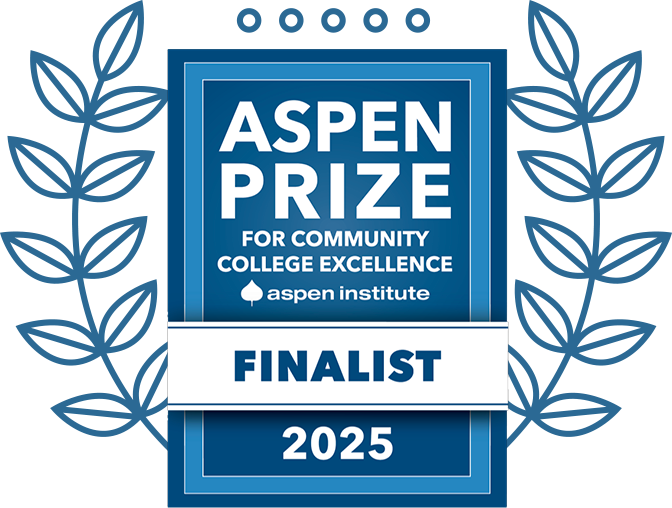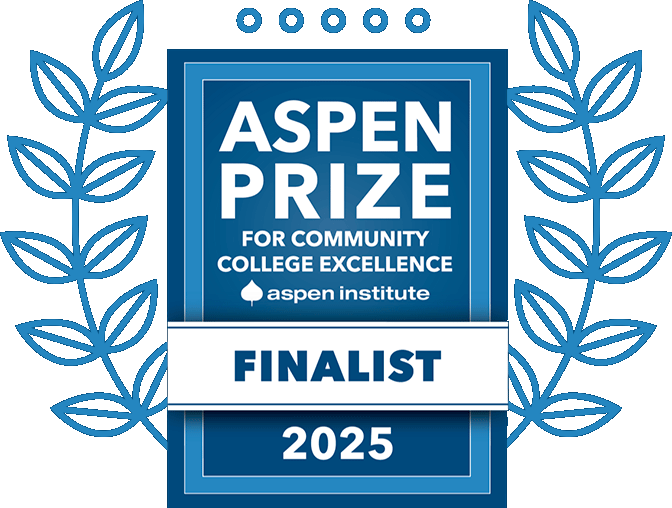Types of Questions
Questioning Techniques for Tutors
Teaching and tutoring are closely related. Questioning is one of the most often used teaching techniques according to Kim and Kellough (1987). According to Callahan and Clarke (1988), the use of questions is one of the most important of all teaching techniques. Questioning will stimulate thinking, assess student progress, motivate students to pay attention, provide repetition, emphasize key points, and many more things.
Questions that you might use during your tutoring sessions include probing questions. Probing questions follow up on a student’s contribution. A probing question generally follows an initial question from the tutor and a response from the tutee. Probing questions ask students to extend their knowledge beyond factual recall and “parroting” of learned theories, to apply what is known to what is unknown, and to elaborate on what is known to deepen their understanding of this knowledge. Probing questions include prompting, seeking clarification, seeking critical awareness and refocusing questions.
Prompting questions generally follows an “I don’t know” response to a question. Prompting keeps the tutee engaged and builds on previous achievement.
Examples:
Rephrase the question in different terms.
Provide a partial answer
Refer to material already mastered
Clarification questions ask for more information. Clarification questions are useful in clearing up miscommunications and in determining how much the tutee understands
Examples:
Can you rephrase that?
Can you be more specific?
Can you elaborate on your response?
Can you explain it to me?
Critical awareness questions ask for justification of the response; requires the student to think more deeply about his response. Critical awareness questions help the tutee learn the habit of self-monitoring and it reveals when the tutee is simply reciting memorized material.
Examples:
What are you assuming?
Why do you think that is so?
What is the opposite point of view?
What are some examples you can include?
Refocusing questions moves the discussion on after the tutee has provided a good response. This type of question helps the tutee see relationships between ideas. It demonstrates the tutee’s depth of understanding of the topic.
Examples:
What effects will this have on _____?
How does this idea relate to your thesis/ or to the author’s thesis?
What similarities/difference do you find between these two writers’ point of view?
Can you summarize our discussion?


